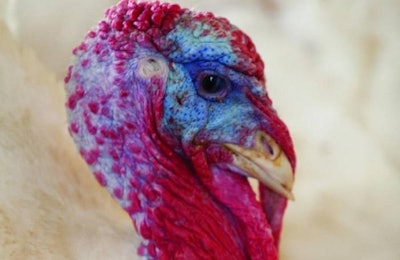
In a society where so many U.S. citizens complain about immigrants taking American jobs -- even when they don’t want those jobs themselves -- it was refreshing to see a PBS report on how that certainly does not appear to be the case in Huron, South Dakota.
Huron, a relatively small city of about 13,000 people, is the home of the Dakota Provisions turkey processing plant. According to the PBS segment, as many as 600 of the plant’s workers are Karen, an ethnic minority group from Myanmar. In addition, about 16 percent of the employees are from Latin American countries.
“Without the Karen people, we probably would not be able to run the turkey plant,” said Mark Heuston, human resources director for Dakota Provisions. “We’d definitely be far short of people to run the facility. The Karen came here for exactly the same reasons that our ancestors came here, and that’s to be free.”
Heuston, who began recruiting the refugees from Myanmar in 2007, said those workers are reliable and have helped Dakota Provisions have a low employee turnover rate. Dakota Provisions’ annual turnover rate is around 15-20 percent, which Heuston said is “four of five times less than the national average for the meat-packing plants.”
Town opens doors, hearts and opportunities
While Dakota Provisions has welcomed its immigrant workers, so has the community of Huron.
Brooke Sydow, workforce development coordinator for the City of Huron, told PBS the traditional white middle-class Americans are not staying in rural South Dakota, so instead of watching Huron’s population dwindle, the community decided to welcome the newcomers.
She said: “We’re embracing whatever’s coming our way, versus trying to bar up and say, ‘We can’t help you.’ Let’s say 'O.K., come here, how can we help you?'”
One way the community has helped is by hiring English as a second language (ESL) instructors for every grade within the school system.
And one way the community has shown its welcoming side is by establishing a community garden, which gives the newcomers and longtime Huron residents a chance to get to know and understand each other better.


















